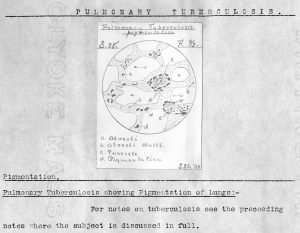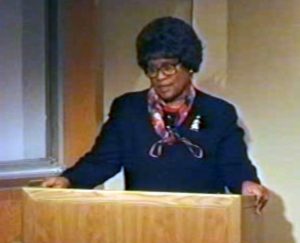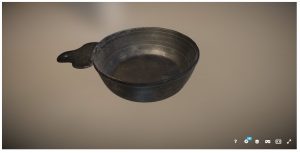The University of California, San Francisco (UCSF) is looking for a Postdoctoral Fellow (1 year duration, with potential for renewal for up to 3 years) to assist with research development and community engagement within the recently launched University of California-Johns Hopkins University (UCSF-JHU) Opioid Industry Documents Archive. Fellowships typically start July 1, 2023 but dates are flexible.
The UCSF-JHU Opioid Industry Documents Archive (OIDA) https://www.industrydocuments.ucsf.edu/opioids/, established in Spring 2021, is a digital collection of publicly disclosed opioid litigation materials. The Archive contains emails, memos, presentations, sales reports, training materials, budgets, audit reports, meeting agendas and minutes, expert witness reports, and depositions of pharmaceutical industry executives. The Archive provides a freely accessible digital resource for use by researchers, journalists, policymakers, and the public. The Archive provides an unparalleled opportunity to investigate scientific, legal, regulatory, and marketing questions, and apply computational as well as other diverse analytic methods, to generate fundamental new knowledge about the origins of the epidemic, and to inform changes to policies and practice to prevent future harms.
The UCSF OIDA Postdoctoral Fellow will pursue original, publishable research using materials housed in OIDA and work closely with the archive research team to enhance the accessibility and usability of archival materials for a diverse array of communities, with a particular focus on racial and health equity. The fellows will take a leadership role in developing an effective organizational structure of the large volume of diverse materials housed in OIDA to facilitate a wide range of multi-disciplinary research endeavors. Fellows will work on a multidisciplinary team including faculty, other postdoctoral fellows and research assistants. Fellows will be mentored by and work closely with researchers and information specialists leading this work at UCSF. Fellows will be based at the UCSF Center for Tobacco Control Research and Education (https://tobacco.ucsf.edu/) and participate fully in the fellowship program. Fellows will also be affiliated with the Department of Humanities and Social Sciences at the UCSF School of Medicine (https://humsci.ucsf.edu/).
Qualifications
Fellows should be well-versed in the history and social context of the ongoing harms associated with opioids —which has become known as the “opioid overdose epidemic” in the US, and/or be knowledgeable about research in related areas, such as the history, regulation, and impact of the pharmaceutical, tobacco, or food industries; agnotology; and the commercial determinants of health. We especially welcome applicants with training in social inequities, racism, perspectives on intersecting identities and society, and political economy. Scholars with relevant prior publications and/or dissertation research are encouraged to apply. Fellows should also be familiar with methods in digital and computational humanities, and means of using digital platforms to build research communities and enhance dissemination and engagement. Fellows should be innovative scholars with excellent research, communication, and organizational skills; be comfortable working on multiple projects in a dynamic research setting; and, have interest in helping work with many parties to build an important and accessible field of research.
Applicants with doctoral degrees in areas such as anthropology, sociology, history, history of medicine, information studies, political science, public health, health policy, nursing, American studies, and related fields with experience or interest in the digital humanities are eligible to apply. Dual degree trained scholars and health care providers, and interdisciplinary scholars are welcome.
Application Instructions
Fellowship application: https://tobacco.ucsf.edu/application-process
Questions about this position can be addressed to Kathleen Franklin, kathleen.franklin@ucsf.edu










